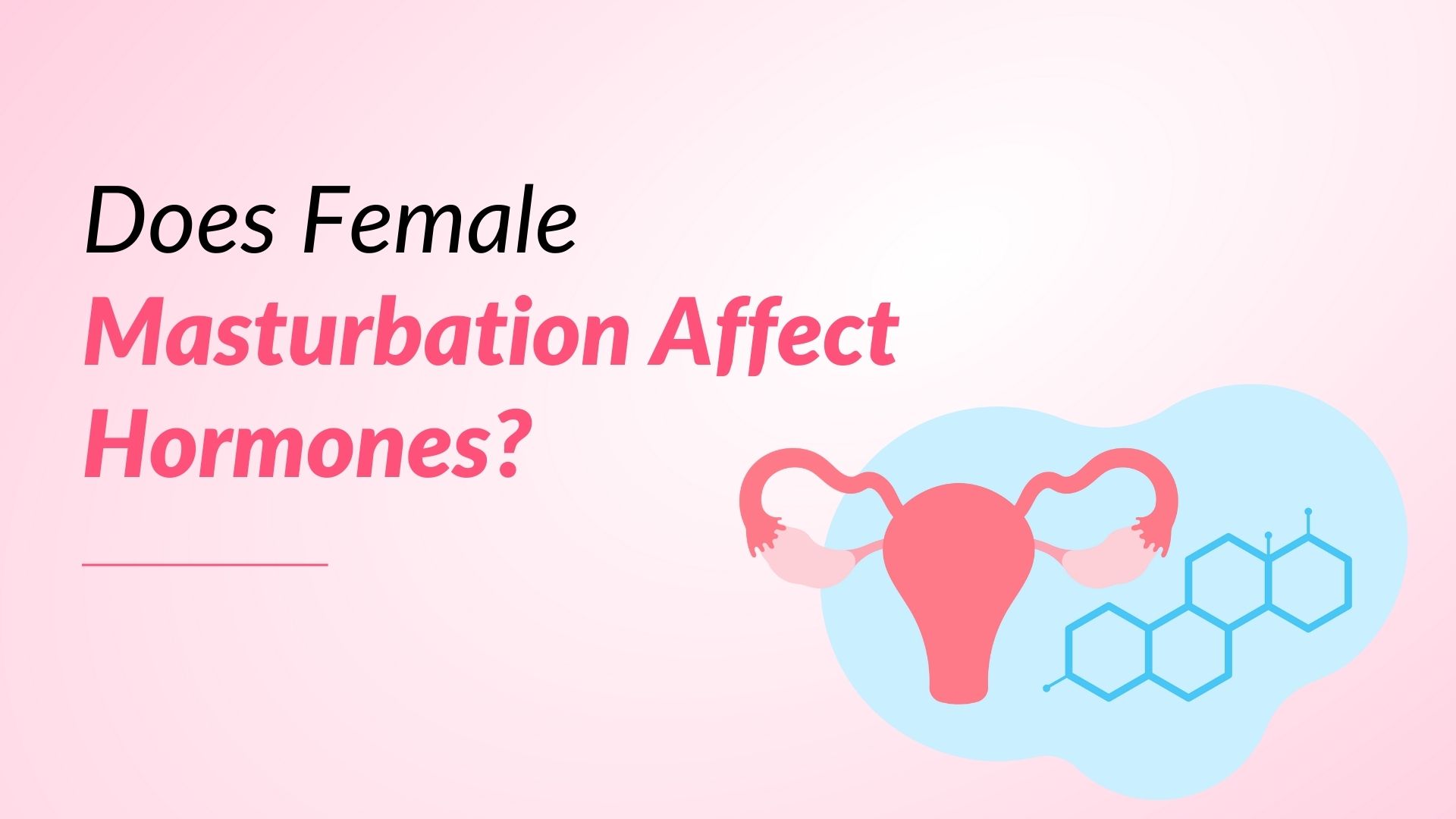Reviewed By: Dr. P. Grishma, fertility specialist at Ferty9 Fertility Clinic, Kukatpally, Hyderabad
Have you ever wondered how your habits influence your hormones? This is especially true for activities like masturbation, which often spark curiosity and a mix of opinions. For women, understanding the connection between masturbation and hormonal balance can be essential, given how hormones impact everything from mood to reproductive health.
In this blog, we’ll explore the question, “Does female masturbation affect hormones?” and address common myths and misconceptions. By the end, you’ll have a clear understanding of how masturbation relates to your hormonal health and overall well-being.
What is Masturbation?
Masturbation is the self-stimulation of the genitals, often done to achieve sexual pleasure or release. For women, this may involve touching the clitoris, vagina, or other sensitive areas. Masturbation is a personal activity and can vary in frequency and technique. It is a natural way to explore your body and understand your sexual preferences. While it is often surrounded by stigma, health experts agree that masturbation is a safe and normal part of life.
Masturbation and Hormonal Imbalances
Hormones regulate essential functions in the body, including metabolism, mood, and reproduction. Naturally, any activity that could influence hormone levels draws attention. But does masturbation cause hormonal imbalance in females? Let’s examine this closely:
- Oxytocin: Often referred to as the “love hormone,” oxytocin is released during orgasm. It promotes feelings of bonding, relaxation, and well-being. Oxytocin also plays a role in uterine contractions during childbirth and milk production after delivery.
- Dopamine: This neurotransmitter is associated with pleasure and reward. It is released during sexual arousal and orgasm, contributing to feelings of euphoria and satisfaction.
- Temporary Changes in Testosterone Levels: Research indicates that sexual stimulation, including masturbation, can increase testosterone levels. However, this masturbation effect on testosterone levels is temporary and does not lead to lasting changes.
- Estrogen and Progesterone Levels: For women, masturbation does not significantly alter estrogen or progesterone levels. These hormones are primarily regulated by your menstrual cycle and overall health.
- Cortisol: Masturbation may also reduce cortisol, the stress hormone, providing a calming effect.
- Endorphins: These natural painkillers are released during orgasm. They can help reduce stress, anxiety, and pain.
- No Long-Term Imbalance: Contrary to popular myths, masturbation does not cause lasting hormonal imbalances. Regular sexual activity, including masturbation, is unlikely to disrupt your endocrine system.
Signs and Symptoms of Female Hormone Imbalance
Hormonal imbalances in women can manifest in various ways. If you experience any of the following symptoms, it’s important to consult a healthcare provider:
- Irregular menstrual cycles
- Unexplained weight gain or loss
- Persistent acne
- Mood swings or depression
- Excessive hair growth or hair loss
- Fatigue or low energy levels
- Low libido
- Constipation or diarrhoea
- Vaginal dryness
- Headache
- Disturbed sleep
While these symptoms are often linked to conditions like PCOS or thyroid disorders, they are not caused by masturbation.
Myths About Masturbation and Hormones
Let’s address some common myths and separate fact from fiction.
Myth 1: Female Masturbation Affects Ovulation
There is no scientific evidence to support the claim that masturbation affects ovulation. Ovulation is a complex process controlled by hormones, and it is not influenced by masturbation or orgasm. The release of an egg from the ovary occurs regardless of sexual activity.
Myth 2: Female Masturbation Causes Infertility
Does female masturbation affect getting pregnant? The answer is no. Infertility can have various causes, including age, hormonal imbalances, and underlying medical conditions. Masturbation does not harm fertility or reproductive health. In fact, it can help you better understand your body, which may enhance intimacy and improve conception chances.
Myth 3: Female Masturbation Affects Periods
Does masturbation cause hormonal imbalance in females and disrupt periods? No. Masturbation does not interfere with the hormonal processes that regulate your menstrual cycle. If you notice irregular periods, it’s more likely due to stress, diet, or underlying medical conditions.
Additionally, some people might notice slight spotting after masturbation, but this is usually not a cause for concern. It’s important to remember that everyone’s body is different, and some people may experience minor variations in their menstrual cycle from time to time.
Myth 4: Female Masturbation Causes Weight Gain
Many women wonder, does masturbation cause weight gain in females? Masturbation does not directly impact body weight. Hormonal changes during masturbation are temporary and do not contribute to weight gain. Some people might experience slight calorie burning during masturbation due to increased heart rate and muscle activity, but this is generally minimal.
Myth 5: Female Masturbation Reduces Testosterone
Does masturbation reduce testosterone in women? No. While there may be temporary fluctuations in masturbation and testosterone levels, these changes are brief and have no lasting impact.
Also read: Benefits and Side Effects of Masturbation for Women
Conclusion
In summary, female masturbation is a natural-healthy activity that does not cause hormonal imbalances or health issues. Whether you’re wondering about the masturbation effect on testosterone levels or concerned about myths like whether masturbation increases estrogen, the science is clear: masturbation is safe and normal.
If you have concerns about hormonal health or fertility, reach out to experts at Ferty9 Fertility Center. Our team is dedicated to assisting you to understand your body and achieve your health goals. For accurate guidance and compassionate care, schedule your consultation today.
Visit Our Clinic:
Fertility Clinic in Hyderabad
Fertility Clinic in Vijayawada
Fertility Clinic in Warangal
Fertility Clinic in Rajahmundry
Fertility Clinic in Tirupati
Fertility Clinic in Kurnool
Fertility Center in Karimnagar




